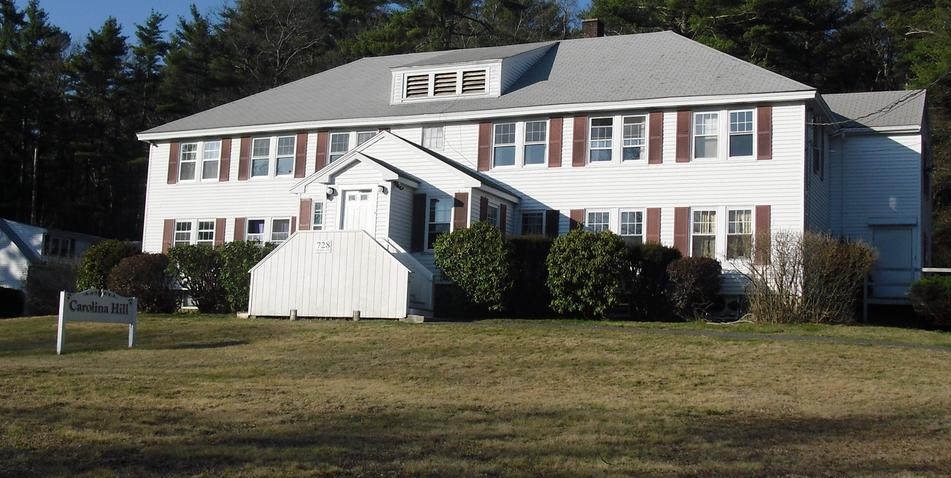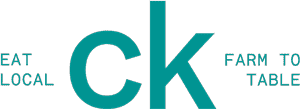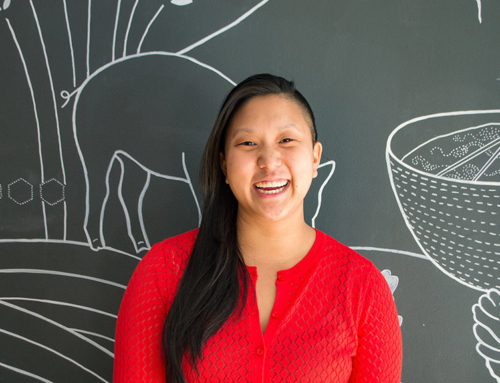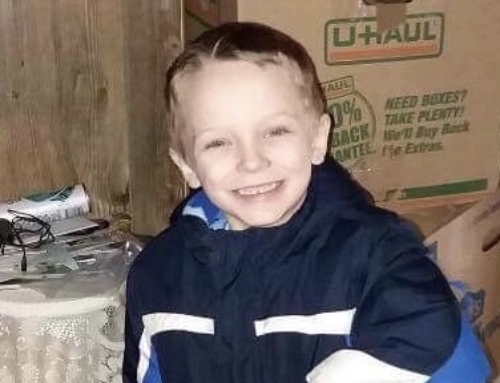
In an unassuming white house on the side of Route 3A in Marshfield, doors are opening for homeless Massachusetts families.
Carolina Hill is a transitional homeless shelter for children and their caregivers whose goal is to support families and guide them into independent living. The center houses 17 families at a time and offers them a safe haven with access to nutritious meals, adult education, financial literacy training, housing search assistance, GED support, employment search assistance, and parenting classes. Families are placed there through state agencies, following any of a myriad of crises; fire, loss of employment, flood, domestic abuse, or other emergency situations that render the families without a home.
The shelter was opened in 1988 by Elliot Binder (his son is Carolina Hill’s Executive Director today), as a respite care facility for people with developmental disabilities. It soon changed its mission to cater specifically to homeless families.
I sat down with Cindy Lanctot, Program Director; Kerry Griffin, Adult Ed Coordinator; and Stephanie MacDonald, Program Coordinator, to better understand how Carolina Hill runs on a day to day basis:
“When a family arrives here, we try to identify ‘What are your barriers?’ and then we go from there, tailoring the support we offer to match their needs.” MacDonald explained. The shelter provides each family with their own room and as many of the comforts of home as they can supply. “Families come in all shapes and sizes, “ Lanctot says. “We have two parent families, single moms and children, single dads and children, grandparents raising their grandchildren, pregnant women…we see it all.” Families spend an average of 6-8 months at Carolina Hill before moving on to their new homes. “The goal is not to stay here. The goal is to support families in establishing self-sufficiency.”
On the morning I visited, a family had just left to sign the lease for their new apartment. Lanctot smiles and recalls, “The 4 year old boy was running all over the place, then looked at just said, ‘I’m happy!’ He was snuggling the pillow and the blanket we gave him when he arrived here and he’s taking that with him to his new home. I just think, THAT’S why we’re here. That’s why we do what we do.”
“Sometimes you don’t see the payoff.” Griffin admits. “Or sometimes you do see it years down the road. We’ve had adults come back who recall their time here as children. We had a 6’ tall construction worker come by who was here as a 5 year old boy. This Christmas a woman who spent time here when her kids were young, who now owns her own salon, donated a bunch of toys. You could see how happy it made her to be able to do that – be able to give back in that way.”
Why I like this:
Most of us would say we are busy. Our lives are a constant juggle of family, work, extra-curricular activities, and home management. If you have never experienced homelessness, it may be hard to truly imagine what our lives would look like without the foundations we take for granted. Imagine your life stripped of a job, a home, food, transportation, clothing and predictability. If basic securities were our most pressing need – Carolina Hill would be a beacon of hope.
What you can do:
Carolina Hill relies heavily on community donations. They will gladly take:
· NEW bedding: sheets, pillows and bedding
· NEW clothing: socks, underwear, and slippers
· NEW toiletries: soap, body wash, face wash, shampoo, conditioner, men’s or women’s deodorant, razors, hair and skin care for people of color, diapers (especially in larger sizes), wipes, formula, female hygiene products
· Gift cards: For supermarkets, big box stores (Walmart, Target, BJs, Kohl’s, Costco, etc), as well as Uber gift cards to offset the cost to get to/from job interviews and work.
“One common misconception is that Carolina Hill is hidden away.” Lanctot explains. “We aren’t. We welcome public involvement. We have schools, hockey clubs, Eagle Scouts, Girl Scouts, and CCD groups coming in to offer help with projects, run penny drives in their schools, all kinds of things. We love to see our families being embraced by the community.”








Leave A Comment